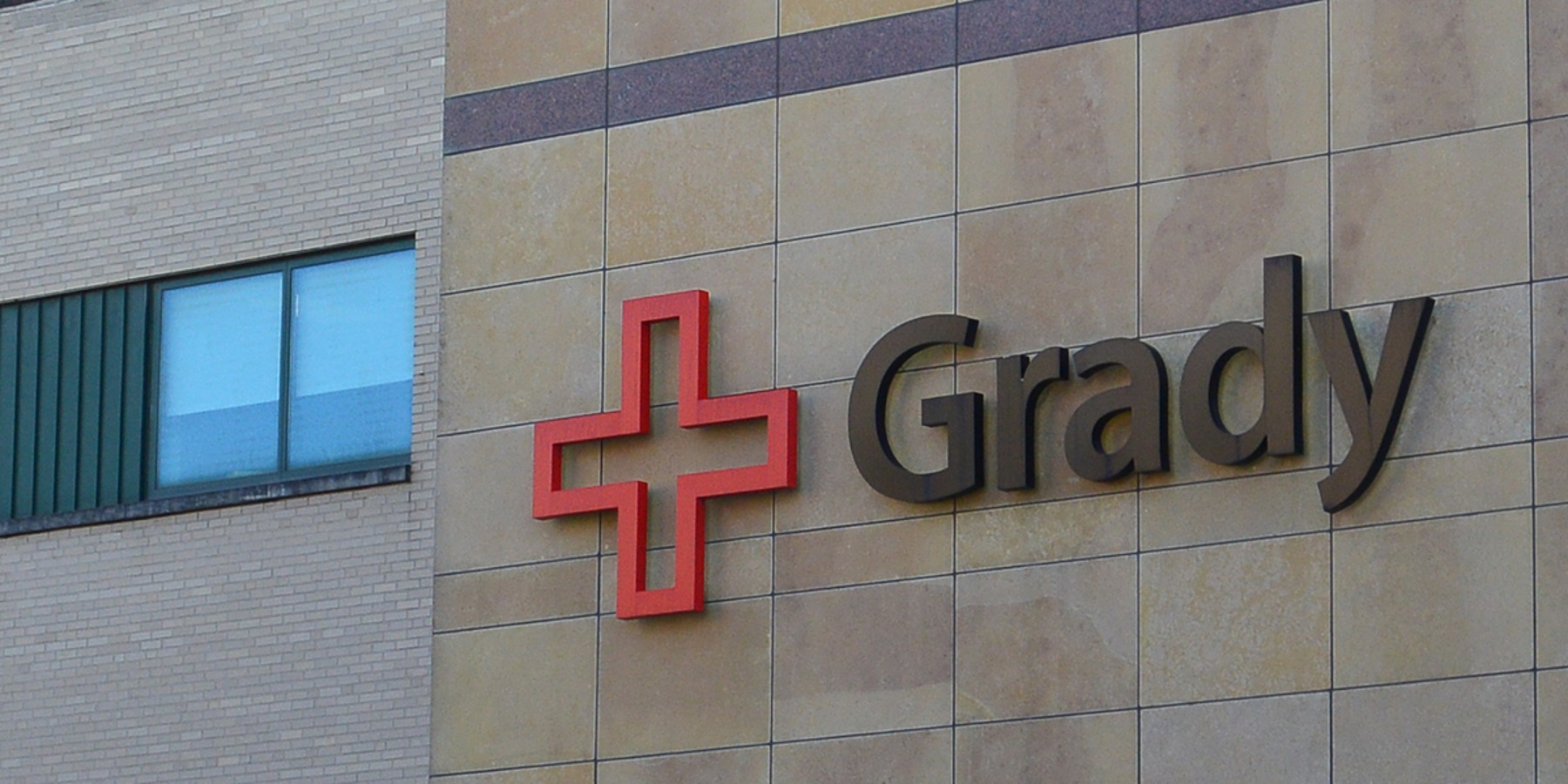The Marcus Foundation has donated $15 million to create a network for stroke care to help reduce disability and death from the disease in the Southeast.
A wide swath of the South is known as the Stroke Belt, due to the 11-state region’s unusually high incidence of strokes and other forms of cardiovascular disease.
The Marcus Stroke Network will feature a collaboration among Atlanta’s Grady Health System, Emory University School of Medicine, Boca Raton Regional Hospital in Florida, and the American Heart Association/American Stroke Association.
“Earlier treatment means better outcomes,’’ said Dr. Michael Frankel, director of the stroke network.
The network aims to use telemedicine to accelerate early stroke treatment. It will also launch a mobile stroke unit, or a specialized ambulance equipped with a CT scanner, that allows medical teams to start treatment for stroke patients before they reach the hospital.
In addition, the network will support paramedics providing pre-hospital care to help with the diagnosis and triage of stroke patients to the nearest appropriate hospital.
The Marcus Foundation has a substantial record of health care philanthropy in Georgia. The chairman of the foundation is Bernie Marcus, co-founder of Home Depot.
Piedmont Healthcare received a gift of $75 million from the Marcus Foundation in 2016 to support the growth of Piedmont Heart Institute and help develop a major project at the system’s campus in the Buckhead district of Atlanta. The Marcus Foundation gave $20 million to Piedmont in 2012 to establish a heart valve center.
In 2014, Grady Health System received $30 million from the foundation to help expand its hospital’s emergency department and its stroke and neuroscience center. That was the second major gift to Grady from the foundation. A gift of $20 million in 2009 paved the way for the opening of the Marcus Stroke and Neuroscience Center the following year.
With the stroke network, medical teams at Emory and Grady will provide real-time guidance to emergency medicine doctors at remote sites around the region, helping make diagnoses and treatment recommendations for patients who have had acute strokes.
Using telemedicine from Atlanta to other hospitals will mean that more patients eligible for clot-busting medication will be treated earlier after the onset of symptoms, said Frankel, who is professor and director of vascular neurology at Emory University School of Medicine and director of Grady’s Marcus Stroke and Neuroscience Center.
“Reaching out to hospitals across Georgia and neighboring states that are in the heart of the Stroke Belt will mean more patients receiving appropriate treatment at the earliest time possible,” said Frankel.
In addition, the Marcus Stroke Network’s mobile stroke ambulance will operate through Grady’s EMS system, linking the network doctors directly to patients by using an on-board CT scanner to facilitate early treatment.
“We know that every second counts after a stroke and the mantra ‘time is brain’ is critically accurate. This innovative and collaborative effort will help expedite treatment for the people of this region and ultimately lead to lives saved,” John Haupert, president and CEO of Grady Health System, said in a statement.
“It builds on a strong track record of excellence in stroke care and therapeutic discovery provided by the American Stroke Association and physicians at both Emory and Grady, as well as the generosity of Bernie and Billi Marcus and their foundation, which has helped saved thousands of lives in Georgia,” Haupert added.
“One of our important quality measures for partners recruited to participate in the Marcus Stroke Network will be working to achieve the highest levels of patient care in our ‘Get With The Guidelines-Stroke’ program, ensuring consistent adherence to the latest scientific treatment guidelines,” said Dianne Foster, the American Heart Association’s Greater Southeast Affiliate vice president for quality and systems improvement.
“We are honored to collaborate with the Marcus Stroke Network on this outstanding initiative to improve health and wellness to individuals and communities.”
The high incidence of strokes in the Southeast is likely a combination of many factors such as access to care, nutrition, healthy lifestyle and possibly genetics, Frankel said.
“Reversing this phenomenon requires greater awareness of how to prevent a stroke and better control of the risk factors that contribute to stroke,’’ he said.
Reducing risk factors includes smoking cessation, controlling blood pressure, eating right, exercising, losing weight, controlling cholesterol and diabetes, seeing a primary care provider on a regular basis and consistently taking medications as prescribed.
“Our physicians are taking care of large numbers of patients with stroke every day,’’ Frankel said. “We have an aging population, especially a baby boomer generation who are entering the ‘stroke-prone’ years.”
He added that the Emory/Grady team has pioneered new stroke treatments and has worked with hospitals throughout Georgia to improve how stroke care is delivered.
Dr. Jonathan S. Lewin, Emory’s executive vice president for health affairs and CEO of Emory Healthcare, said in a statement that “this generous gift will allow us to combine strengths and capabilities with our esteemed partner organizations to improve access to high-quality services and increase health care capability in communities across Georgia.”
Dianne Foster, an American Heart Association’s Greater Southeast Affiliate vice president, said that “one of our important quality measures for partners recruited to participate in the Marcus Stroke Network will be working to achieve the highest levels of patient care in our ‘Get With The Guidelines-Stroke’ program, ensuring consistent adherence to the latest scientific treatment guidelines.”
“We are honored to collaborate with the Marcus Stroke Network on this outstanding initiative to improve health and wellness to individuals and communities,” Foster added.
Andy Miller is editor and CEO of Georgia Health News







